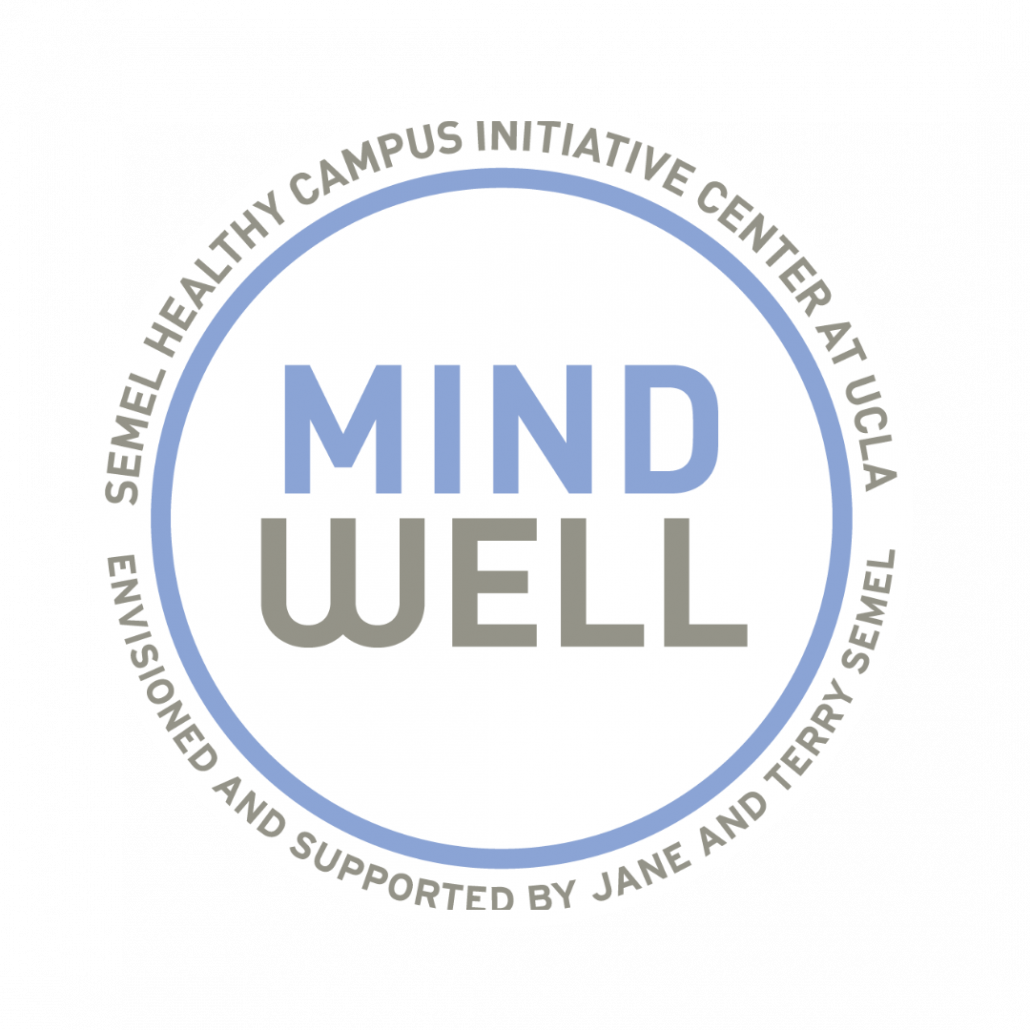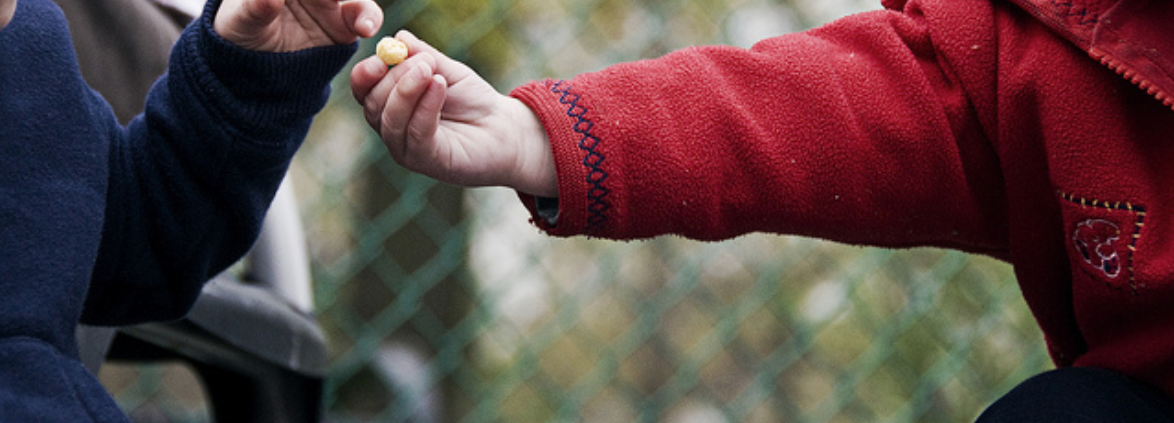The Health Benefits of Prosocial Behavior
Today, August 19th is World Humanitarian Day, which recognizes the aid workers who have lost their lives in order to provide humanitarian assistance to people around the world. In addition to recognizing humanitarians, it is important to celebrate the spirit of humanitarianism — and its health benefits. This article investigates the health benefits of engaging in prosocial behavior, and offers simple, easy ways to incorporate prosocial behavior into daily college life.
What is Prosocial Behavior?
Prosocial behavior refers to voluntary action that intends to benefit other people and/or society as a whole. It encompasses a wide range of behaviors from something as simple as holding the door for someone behind you to making a financial contribution to a charity. Such actions not only benefit those around us, but also our own well-being.
Benefits of Prosocial Behavior on Well-Being
In a recent study on the association between prosocial behavior and daily stress, subjects were asked to report both levels of stress, positive affect, and negative affect and the number of prosocial activities they engaged in for 2 weeks,. The study found that subjects who reported more time engaged in prosocial behavior showed higher levels of positive mood. Furthermore, subjects who engaged in greater than average number of prosocial activities experienced less negative affect in response to daily stress, leading to better overall mental health. In other words, engaging in prosocial behavior may be effective in defusing the negative influence of stress on positive affect and emotional well-being.
Another study compared life satisfaction of subjects before and after performing 10 days of either acts of kindness, acts of novelty, or no act. The study revealed that acts of kindness and acts of novelty resulted in increased life satisfaction, whereas the control condition did not result in a significant difference. It suggests that as little as 10 days of engaging in prosocial behavior or trying something new can positively affect how we feel about our lives.
Incorporate Prosocial Behavior into your Campus Routine
A new school year is quickly approaching. If one of your goals for the new school year is to improve your emotional health and self-esteem, brainstorming creative ways to engage in prosocial behavior may be a strategy to consider. Here are some suggestions:
1. Share your snack with classmates, even if you don’t know them – and even better if it’s something nutritious, like dried fruits or nuts.
2. Smile and express gratitude to maintenance staff in the dorms and dining halls – the clean environment and delicious food would not be possible without them.
3. Write a positive memo for your roommate(s) such as “Have a nice day” or “Thank you for taking the trash out.” Small acts of appreciation can go a long way for developing a positive relationship.
4. Leave a sticky note with positive slogan on the desk in the lecture hall for a fellow student who would sit in your spot for the next lecture – it might be just what they need to get through the day.
5. Hold the elevator for someone if they appear to be in a rush — we’ve all been in that situation and know how can those few extra seconds can make a world of a difference.
Miso Kwak is an undergraduate student at UCLA majoring in Psychology with a double minor in Disability Studies and Education Studies. In addition to blogging for the UCLA Healthy Campus Initiative, she plays the flute with the UCLA Woodwind Chamber Ensemble. Outside of school, she works as a mentor for high school students through Accessible Science, a nonprofit organization that facilitates science camp for blind youth.



